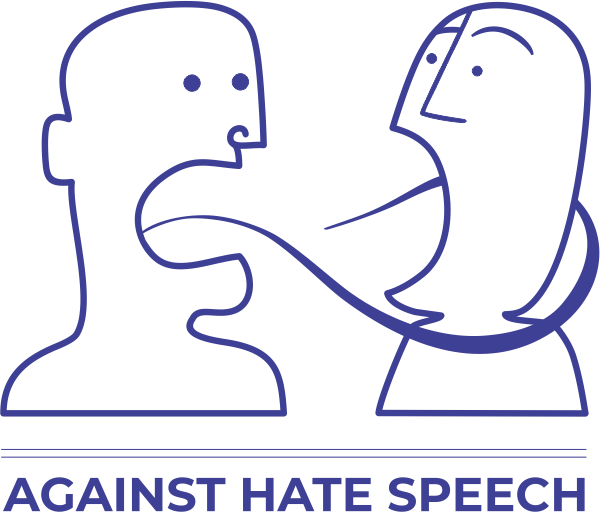18th June, International Day for Countering Hate Speech

Now more than ever, in a society where hatred is increasingly widespread and attacks against others—particularly those perceived as “different”—have become commonplace, it is vital to mark 18 June, as the International Day for Countering Hate Speech.
As early as July 2021, the United Nations General Assembly expressed its growing concern over the so-called “exponential spread and proliferation of hate speech” worldwide. In response, the Assembly proposed a resolution advocating the “promotion of interreligious and intercultural dialogue and tolerance” as a means to address the issue.
However, tackling this challenge is far more complex than a resolution can convey. A meaningful starting point must involve confronting xenophobia, discrimination, and hate speech through genuine cooperation among States, beginning with a critical reflection on international human rights law. Each year, to mark this day, the United Nations calls upon governments, international organisations, civil society, and individuals to organise events and initiatives aimed at promoting comprehensive strategies to identify, address, and counter hate speech.
While the devastating effects of hatred are by no means a recent phenomenon, their scale and impact have intensified in parallel with the rise of new communication technologies. Hate speech has increasingly become a global vehicle for spreading divisive ideologies. The United Nations Strategy and Plan of Action on Hate Speech defines such speech as any kind of communication that attacks or discriminates against individuals or groups based on identity factors such as religion, ethnicity, or gender. Yet, a universally accepted legal definition remains under debate.
What is widely acknowledged, however—particularly by the Plan of Action—is the essential role of partnerships with technology companies and social media platforms, including the use of artificial intelligence (AI), in addressing hate speech. The spread of hateful rhetoric can serve as an early warning sign of violence, and in this sense, its limitation is imperative. Although AI offers valuable tools for early warning and conflict prevention, it also carries risks if not governed with full respect for human rights.
For this reason, UN Member States have prioritised AI governance through the Global Digital Compact and have renewed their commitment to combating online hate speech, with particular attention to protecting younger generations—those most exposed to such phenomena due to their frequent and early engagement with social media and online platforms.
In this context, on Monday 16 June 2025, from 10:00 to 13:00 EDT (New York time), the Permanent Mission of the Kingdom of Morocco to the United Nations, the Office of the United Nations Special Adviser on the Prevention of Genocide, the Human Rights Centre of the University of Essex, and the Garden of the Righteous Worldwide will convene the 4th event dedicated to countering hate speech, with a particular focus on the intersection between hate speech and the use of artificial intelligence.
Video
Unesco, No one is born to hate: Addressing hate speech through education

